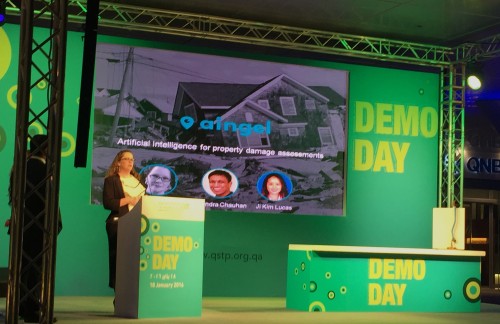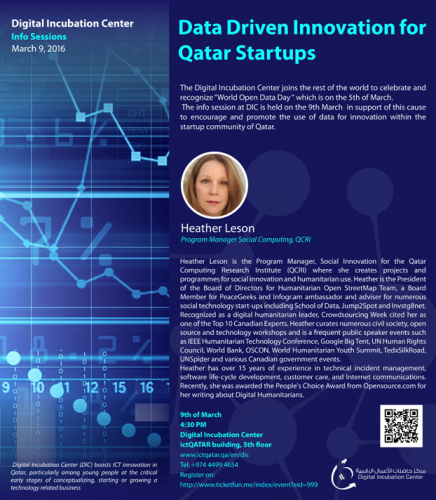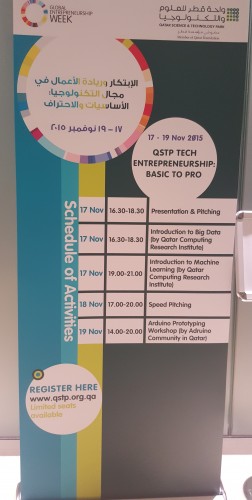Four months tasked to a large project often means readjusting all kinds of perspectives, lessons learned and new/old ideas. Add to that: the email backlog and reconnecting with people. Wiping up the dust and catching up on tabled research and social innovation programmes comes with the opportunity of walking around with new eyes.

(Demo Day, January 18,2016. Photo by Irina Temnikova)
There are many models for accelerators, labs, social entrepreneurs, lean startups and hubs. The debate about whether an accelerator actually helps a business is kind of moot. Each experience is worth it for the team and, hopefully, for the individuals involved. I blame the hours of reading about business models, how to startup and innovation creation. Models, formulas, templates, schemes, and meetings are simply devices for you get something and take something away. The magic comes from us. Our Accelerator team is in review process and next steps planning. And, I am reflecting: how can I apply these experiences to humanitarian technology innovation (humtech)?
Scaling Humanitarian Technology
It is my life’s goal to help people involved in their world with technology. To make this possible, we need step ladders of engagement: to give opportunities for small tasks and big asks. We need plans to tackle the right types of questions and problems. The Qatar Computing Research Institute’s Crisis Computing team is building machine learning and human computing software to enable microtasking databits. We keep studying and improving the software and engagement. Fortunately, our allies at UN OCHA and the Standby Task Force have been core to teaching us how to we can help during large scale emergencies. We use social media, news and aerial imagery data right now. But the opportunity to consume SMS, Messaging and sensor data is huge. Each layer of data informs. True, this all hinges on access to engagement tools and the ability to speak safely. Some day each part might fit, until then, many people in the humanitarian technology fields are working hard to make small differences.
There is no one way to scale a humanitarian project. This piece by Thoughtworks and the work of Humanitarian Innovation Fund explore the question: How to scale innovation and new technology for humanitarian responses?
For the past years, I have looked from these angles:
- Hackathons, camps, and mini-projects: Random Hacks of Kindness, Space Apps, Crisis Commons, Mozilla Humanitarian Badges
- Social Entrepreneurship: Ushahidi
- Non-Profits/Open Source Communities: Humanitarian OpenStreetMap Team, Open Knowledge (School of Data), PeaceGeeks, Ushahidi, Standby Task Force, Digital Humanitarian Network
- Accelerators and hubs: AINGEL/AIDR (QCRI), Ihub Research, Geeks without Bounds
- Research: QCRI
There are many great ideas that never get traction or support. Today I am asking again: What does implementation look like? I keep reflecting on some of the models and ideas that we had during our Crisis Commons sprints. What if we could collaborate more and make a top ten of things that need to get built then make it happen? What if there is amazing research idea/prototype that needs ‘accelerating’ to scale? How would this happen? I think that the local hubs and accelerators around the world are very much a potential. I also think that the Civic Tech communities are core to results. But how can we include the unusual suspects and the reluctant innovators.
The Humanitarian Innovation Fund is a start, but what are some other ways that techs, researchers and creative people can actually work with practicioners to solve these questions. How can techs and others find these opportunities to contribute? I love the Linked in For Good pages and the work of Code for All, but can we widen the circle?
Share your thoughts? Maybe I will convene an adhoc skype conversation on this topic. Let me know if you would like to join.


